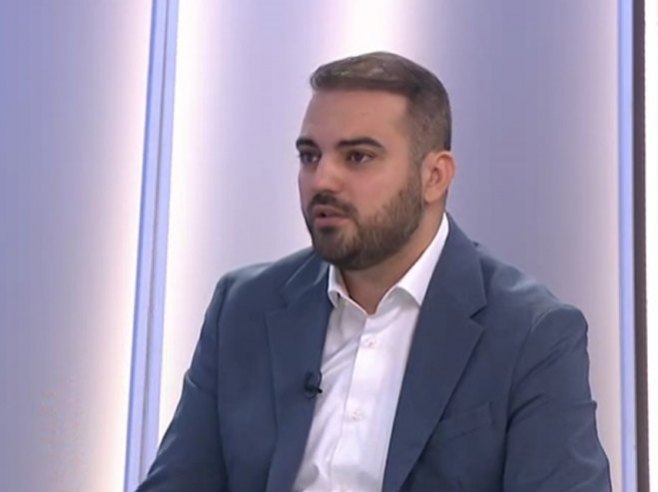In his column for Pečat, security expert Dževad Galijašević explores how the grim reality of terrorism has once again unsettled Bosniak political elites, security structures, and society as a whole. He questions why, for three decades, every terrorist act in the country has been committed by radical Muslims.
Following the attack on the police station, searches and arrests ensued in the Una-Sana Canton, including the arrest of police officer Hajrudin Šabić (48) from Bosanska Krupa. Šabić, along with others, is accused of assisting or inciting the minor E.S. (15) in the attack on the police station.
Šabić was also involved in organizing a “Quran School” in Bosanska Krupa, which authorities have identified as a parajamaat—a place associated with non-official Islamic groups. The minor E.S. was reported to frequent this location.
Judge Sena Uzunović from the Court of Bosnia and Herzegovina recently imposed restrictions on several suspects, including Šabić, prohibiting them from leaving their residences. Prosecutor Ćazim Hasanspahić stated these measures are necessary to facilitate an ongoing investigation into suspected terrorism and recruitment for terrorist activities.
Galijašević notes that authorities in Sarajevo seem more concerned with safeguarding the rights of terrorists, showing what he perceives as religious empathy in judicial proceedings. He highlights how the judicial system in Sarajevo often seems to protect Bosniak religious and national interests, even in cases involving terrorism.
Adding to this perspective, Avdo Hasanović, a Muslim police officer who survived the attack, provided a detailed account of the assault, describing the minor’s determination and preparedness despite his young age.
Galijašević stresses that, since Alija Izetbegović’s time, political Islam has taken on the right to invoke the Quran to justify current acts of terror, which often start as religious issues and evolve into security and civilizational problems.
He poses a question: Do terrorists genuinely represent their faith, or is the relationship between religion and such acts more complex? Furthermore, he questions why Bosnia and Herzegovina, which aspires to be European, has become fertile ground for radical religious and political movements.
Galijašević concludes that while a 15-year-old attacker may not comprehend the answers to these questions, those who used the “Quran School” to instill violent ideas in him understand the consequences well. They are aware that, while local society may hide these actions, the attacks will continue—whether targeting police, military forces, or even Western embassies.
Source: RTRS








